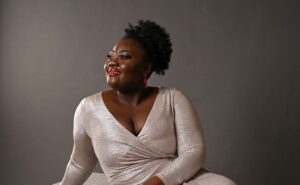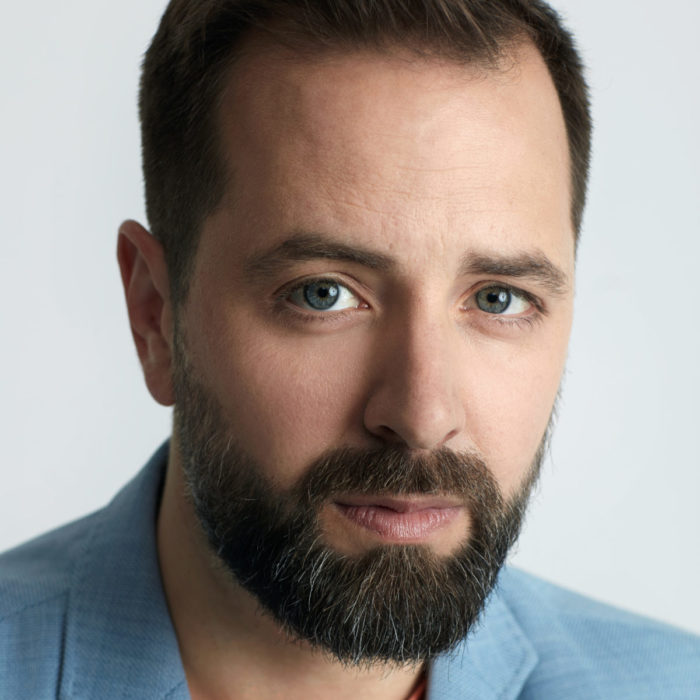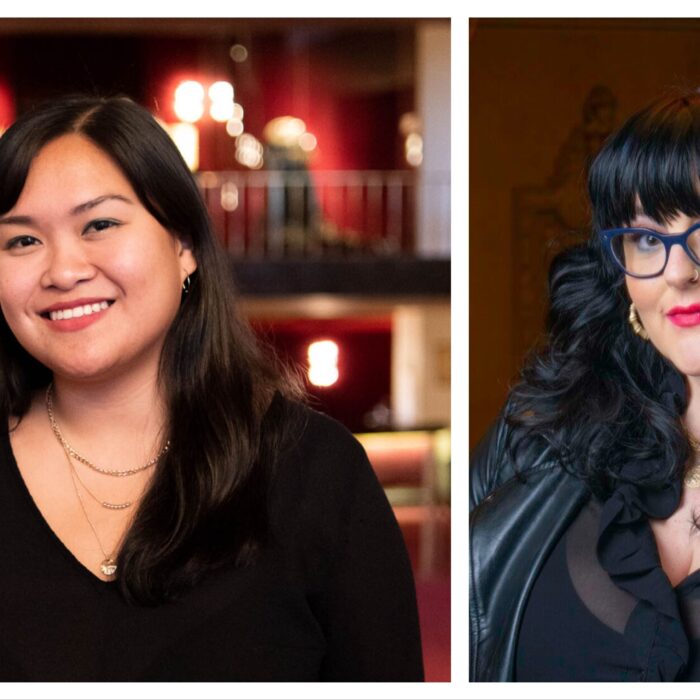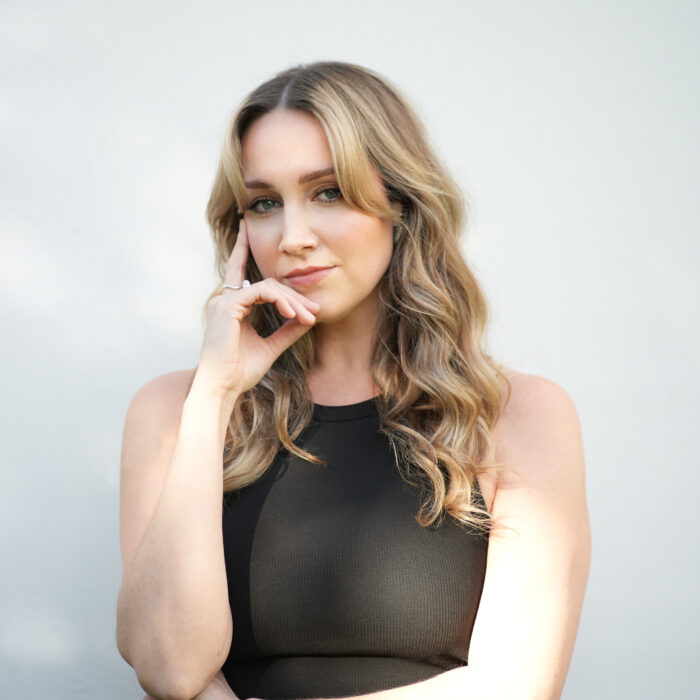
Q & A: Soprano Masabane Cecilia Rangwanasha on Verdi, Great Conductors & How Her Mother Inspired Her Artistic Journey
By David SalazarAfter years at the University of Cape Town followed by a stint as a Young Artist with the Cape Town Opera and a 2019 audience award at the International Hans Gabor Belvedere Singing Competition, soprano Masabane Cecilia Rangwanasha shone in the spotlight of the 2021 BBC Cardiff Singer of the World Competition, becoming the first African to win the coveted Song Prize.
Since then, Rangwanasha has seen her star rise, taking home the 2024 Herbert von Karajan Prize after booking major engagements with such organizations as the BB Proms, Bühnen Bern, the Royal Opera House, Wigmore Hall, the Accademia Nazionale di Santa Cecilia, the Berwick Festival Opera, and Staatsoper Hamburg, among many others.
Now she heads to the Ravinia Festival where she performs on an opening night performance with the Chicago Symphony Orchestra and Marin Alsop. OperaWire spoke to the soprano about her artistic journey, taking on Barber’s famed “Knoxville: Summer of 1915” in Ravinia, and the composer she feels most at home with.
OperaWire: You will be performing in the opening night performances at Ravinia. What excites you most about participating in an event this special?
Masabane Cecilia Rangwanasha: This is my first visit to the Ravinia Festival and like all firsts, that is exciting in itself – a new venue and a new audience to entertain. I am particularly looking forward to performing under the baton of Marin Alsop and the Chicago Symphony Orchestra once more.
OW: You will be performing Barber’s famous “Knoxville: Summer of 1915.” How does this piece speak to you and how has your relationship to it changed over the years? Why do you believe it remains a major staple of the orchestra repertory?
MCR: I first sang Barber’s “Knoxville” in a staged production of Anthony McDonald at the Royal Opera House Covent Garden where I got to work in-depth and explore James Agee’s text. I think Samuel Barber has perfectly composed the vocal line to match the orchestra which makes an outstanding and unique monodrama.
OW: For this concert, you will work with conductor Marin Alsop, an icon. In your experience, how do great conductors help singers grow in their understanding of the work at hand? Who have been some of your personal favorite conductors that have had a major impact on your career, and why?
MCR: Great conductors like Marin Alsop share their deep understanding of the repertoire and guide singers to achieve their best performance. I have been privileged to work closely with Sir Antonio Pappano and Sir Mark Elder, both at Covent Garden, Rome, Salzburg, and Manchester. They have been an immense influence on my career and I have benefited from their infinite knowledge and great musicianship.
OW: You are a former winner of the Song Prize at the BBC Cardiff Singer of the World Competition in 2021. What was the experience of participating in an event of that magnitude?
MCR: It was a privilege to be amongst the wonderful finalists and to win the BBC Cardiff Singer of the World Song Prize was a bonus. The week in Cardiff was quite intense with TV interviews, radio, and performing for the judges – but the most nerve-wracking moment was waiting for the result! The Cardiff management was a great support, which helped enormously.
OW: How did you know you wanted to become an opera singer?
MCR: As a young person, I had not heard of opera – I had a natural singing voice and sang in my church and school choir but at this point, I had no exposure to the world of opera. My mother was the one who encouraged me to study music because she said that she saw how much I liked to sing. It was then at the opera school that I got to know about opera and was the first point that I could imagine a career in singing.
OW: Do you have favorite operas or roles that you enjoy performing most? Which are they and what makes them so special to you?
MCR: To date, I have enjoyed every character/role I have played. However, there are two roles in particular which were rewarding and enjoyable; the first was discovering and exploring the role of Mathilde in “Guillaume Tell” as it led me to explore my coloratura, and secondly Elettra in “Idomeneo” as it was a role which was such a dramatic contrast to any previous roles I have sung.
OW: What are some roles / operas that you would like to perform in the future that you have yet to take on?
MCR: There are many dream roles which I would like to perform in the future, but the roles that stick out are Desdemona in “Otello” and the title role in “Aida.” Verdi combines passionate storylines with lyrical music, creating heavenly arias. I very much look forward to singing these roles in the future.


